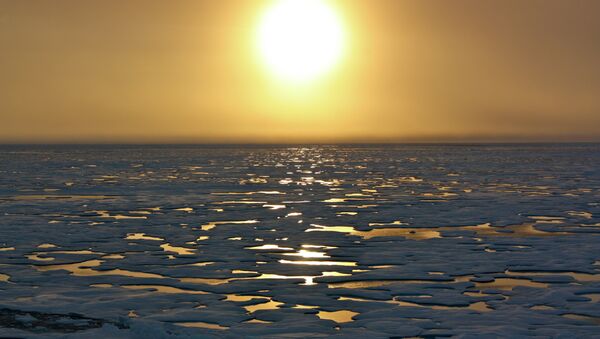Abnormal Arctic warmth is primarily blamed on an Atlantic storm system moving warm air over the Pole, and a polar vortex pulling Arctic cold air onto North America and Eurasia, supplemented by record-low levels of Arctic sea ice. Arctic sea ice thawing will continue to warm the Arctic, according to the Potsdam Institute for Climate Impact Research, causing Arctic winds carried on the jet stream to move further and further south.
An analysis from Climate Center, a research and journalist group, observed that human-induced global warming is the cause of the record warmth in November and December. In a typical year, Arctic sea ice reaches a melting point in late spring or early summer. This is the fifth time since 1948 that above-freezing temperatures have been recorded at the North Pole during December. The last time it happened was in 2015.
As the Arctic warms, cold air that is previously trapped far to the north is released and follows jet stream winds southwards. Meteorologists, including Ryan Maue with Florida State University, point out that is the cause of polar vortexes that struck the western United States and Siberia in early December, bringing exceptionally cold temperatures.
Arctic climatologists such as Jennifer Francis with Rutgers University cannot predict what will happen in the Arctic if temperatures persist in rapidly rising, as there are no records of past events with which to compare them. "It’s safe to say [a warm Arctic] is going to have a big impact, but it’s hard to say exactly how big right now," Francis said in an interview with The Guardian. "But we are going to have a lot of very interesting weather – we’re not going to get around that one."
A team of scientists at Arizona State University proposed a $500 billion network of wind turbines to pump Arctic water to the surface where it can then freeze into sea ice, in a measure they say is necessary to stop the melting of the Arctic and the environmental devastation likely to follow. “[The] loss of sea ice represents one of the most severe positive feedbacks in the climate system, as sunlight that would otherwise be reflected by sea ice is absorbed by open ocean,” the proposal reads.



